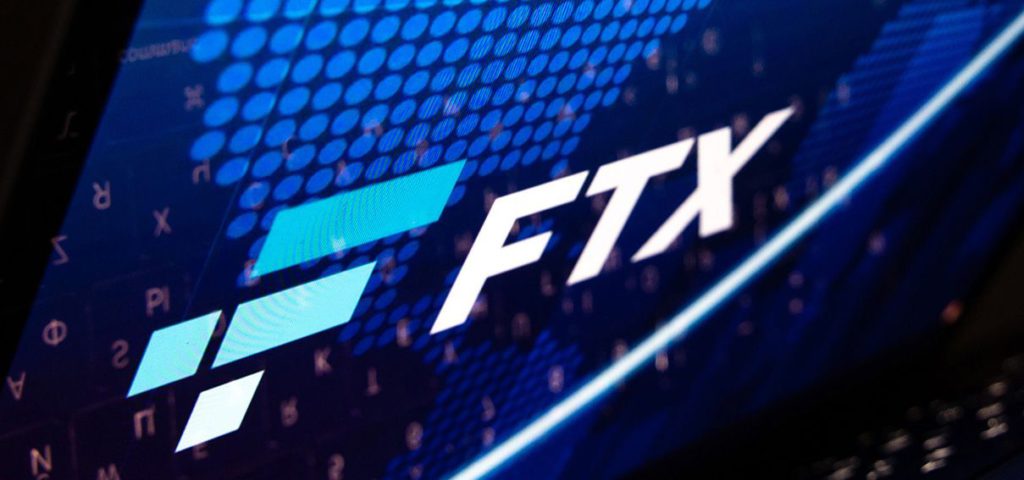The remains of Sam Bankman-Fried’s former empire FTX Group are drawing interest from some of the largest names in distressed investing, in a daredevil bet that heavily discounted creditor claims on the bankrupt cryptocurrency conglomerate will ultimately pay off.
(Bloomberg) — The remains of Sam Bankman-Fried’s former empire FTX Group are drawing interest from some of the largest names in distressed investing, in a daredevil bet that heavily discounted creditor claims on the bankrupt cryptocurrency conglomerate will ultimately pay off.
Baupost Group and Oaktree Capital Management are among those that have inquired about the claims of FTX customers with assets stuck on the exchange, said a person familiar with the matter who declined to be identified as the discussions were private.
Meanwhile Citigroup Inc., Cowen Inc. and Seaport Global Holdings LLC are among those that are trying to act as middlemen for the nascent market, according to people familiar with the matter who declined to be identified as they aren’t authorized to speak about the business.
“Many of the major participants in the distressed debt market are focused on this,” said Joe Femenia, global head of distressed and special situations at Jefferies Financial Group Inc. The investment bank is also among the Wall Street firms looking to act as a broker for FTX claims, he said.
Baupost, Oaktree and Citi declined to comment. Cowen and Seaport didn’t respond to requests for comment.
The fall of Bankman-Fried’s empire marks the latest and largest crypto bankruptcy, following a handful of cases such as Celsius Network that have raised some novel questions for American law. These include whether to fix the value of claims at the point of bankruptcy or to let it fluctuate with the volatile crypto market. Unlike those previous insolvencies, FTX claims — the top 50 of which have a face value of at least $20 million — are large enough to attract traditional distressed investors.
A Risky Bet
Still, it won’t be an easy deal. FTX’s restructurers have found more than $1 billion of digital assets and $1.2 billion of cash, while the firm’s liabilities clock in at $10 billion. It’s not yet clear how much creditors will be able to wrangle out of the company’s venture investments and other assets.
“Nearly every single large distressed investor is looking at this,” said Jay Conklin, managing partner at Park Walk LLC, a broker for FTX claims. “We would expect there to be more and bigger transactions. As the market gets defined, holders are likely to become more accustomed to the view of discounted recoveries instead of thinking, I’m going to get 90 cents back.”
For now, however, the traded claims have been relatively small, while talks over accounts holding $100 million or more are rising. Valuations have mostly been between five and 13 cents on the dollar, with prices rising as investor interest rose.
As for the sellers, some have decided trading what money they can get now is better than holding onto an unfamiliar distressed asset. Kevin Zhou says his Galois Capital is considering a sale for its claim, which he has previously said ranged between $40 million and $45 million.
Estimating potential recovery just a month after FTX went under is no simple feat. While customer money held on Wall Street is typically protected by insurance and laws, there are no similar assurances for unregulated crypto platforms. That leaves professional and retail users, as well as FTX’s own shareholders, to fight over the remains of a web of companies whose owner faces fraud charges.
Unreliable Balance Sheets
John J. Ray III, who famously oversaw Enron’s restructuring and is now doing the same at FTX, has said “trustworthy financial information” at the company is completely absent, and it’s impossible to recoup all the losses.
“There are a lot of uncertainties around recovery right now because you don’t know what you can trust from FTX’s balance sheets,” said Femenia at Jefferies. The company’s first day filings were very light relative to those for the size of this case, and the potential fees racked up during the bankruptcy process could eat into recovery, he said.
In the case of Mt. Gox, a Japanese exchange that collapsed in 2014, some distressed investors are now poised to reap hefty rewards thanks to Bitcoin’s rally since then, even though the company never managed to recover most of the tokens it lost to a hack. But even with a payout plan approved, investors have been waiting for close to a decade for their money.
“If you believe clawbacks will be substantial, crypto will do well and the case will be not as expensive as some people may be expecting, you might buy it,” said Conklin at Park Walk, referring to FTX claims. “But there are a lot of assumptions baked into that.”
–With assistance from Muyao Shen, Eyk Henning, Laura Benitez and Erin Hudson.
More stories like this are available on bloomberg.com
©2022 Bloomberg L.P.











